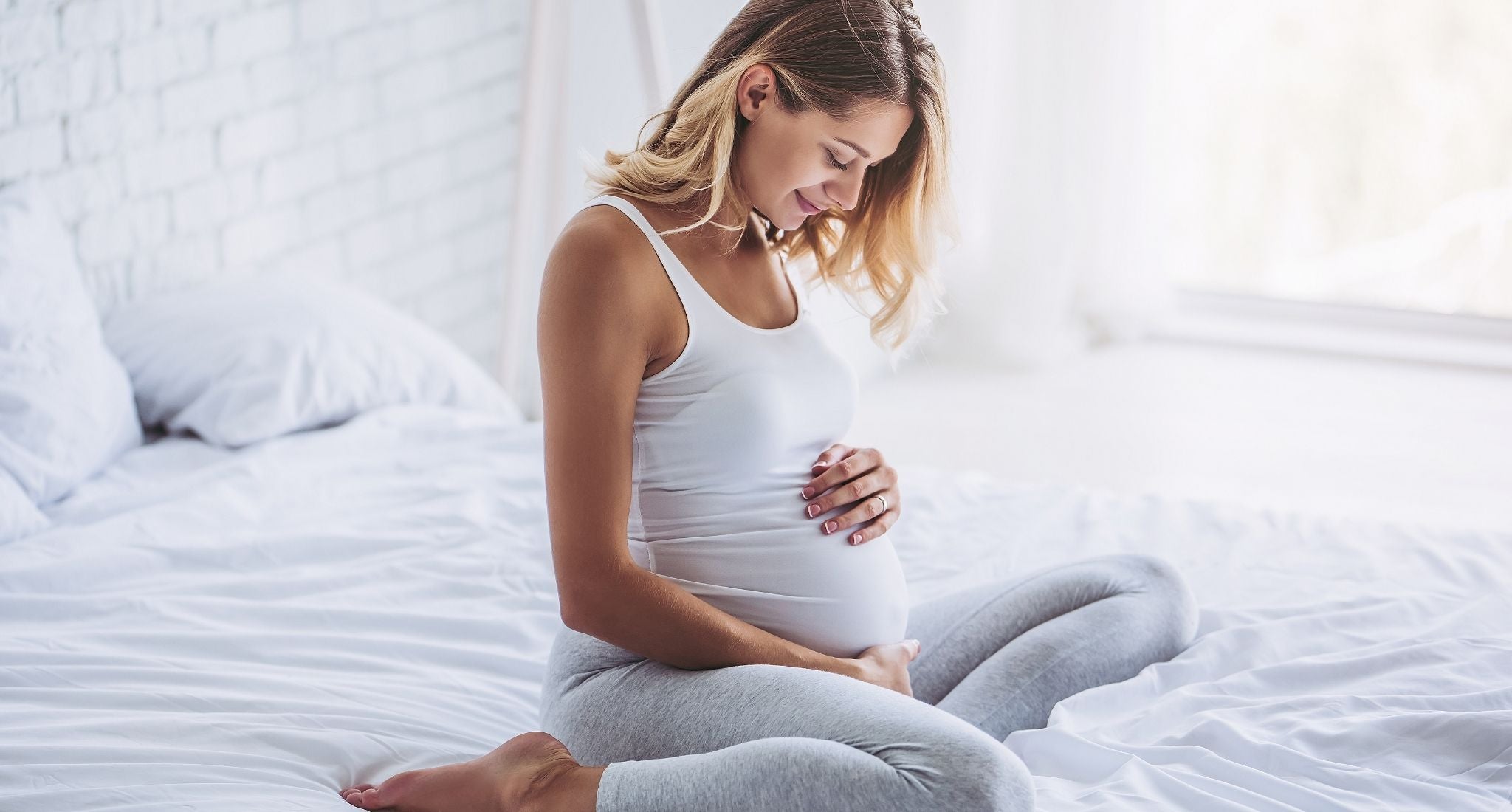Congratulations! You/you are pregnant. Now follows a period of taking good care of yourself, so that the baby can develop strong and healthy in the womb. Suddenly you are no longer 'allowed' to do all kinds of things and you have to take into account what is on your plate. Or what's in your mug or glass.
Are you a real tea drinker and pregnant? Then read on quickly.
Tea and caffeine
Of course you can keep drinking tea. There are, however, a number of points for attention. Including attention to caffeine. When you are pregnant, it is better not to consume too much caffeine. Some, but not all, teas contain caffeine. Caffeine in tea is called theine, but it is the same thing.
Too much caffeine can ensure that the baby does not gain weight properly and is therefore born with a low weight. In addition, it can lead to premature birth. Something you absolutely want to avoid.
Caffeine remains in the blood for a long time. Suppose you drink a cup of coffee or tea at eight o'clock after dinner, then it is still fully in your body at eleven o'clock in the evening. Even 10 hours after drinking a caffeinated drink, a quarter is still in your blood. As a pregnant woman, sleep is very important. So don't drink caffeinated drinks later in the day.
Are you breastfeeding? Then also limit the amount of caffeine. The baby receives a small amount of caffeine through the milk. This can get restless.
Exactly how much caffeine is 'too much' is still unclear. That is why a safe limit of 200 milligrams per day has been set.
How much caffeine is in tea?
We therefore see 200 milligrams of caffeine as a safe limit. That equates to two cups of coffee a day. But coffee contains much more caffeine than tea. About 85 milligrams per cup. Tea contains less than half, about 35 milligrams. So you can still drink 3 to 5 cups of tea a day before you get close to the safe limit.
However, it is advisable to drink less tea if you also consume other products with caffeine. For example cola and chocolate. So check what you eat and drink in a day.
Do you want to know more about theine. Then read our article about caffeine and theine. In it we explain which tea contains caffeine and which does not.
Which tea should I not drink?
In addition to theine / caffeine, there are a number of ingredients that should not be consumed too much. These are, for example, herbs or spices that have a certain effect in your body. Drinking such tea is not necessarily bad. The following applies to all these types of tea: drink in moderation.
- Herbs contain aroma substances that are bad for you at a high dose. This applies to spices such as cinnamon, fennel and anise.
- Licorice tea may increase blood pressure.
- Lavender tea promotes menstruation.
- Lemon verbena can induce labor (maybe useful at a later stage).
- Aloe vera has a laxative effect.
You want to drink this tea!
Fortunately, there are also all kinds of varieties that are tasty and good for you and your baby.
ginger tea
Ginger tea works very well against morning sickness. Drink it before going to sleep, so that you are less bothered by it in the morning. In addition, it is good for your blood pressure, the pancreas, digestion and a remedy for headaches.
mint tea
Mint tea can also help with morning sickness. It is good for your gut, digestion and immune system. In addition, mint has a calming effect. And as a pregnant woman you can sometimes use that.
Matcha tea
A good green tea, such as our matcha tea , is packed with antioxidants and bioactive substances. These help prevent inflammation , stimulate digestion and make muscles stronger. In addition, this tea helps even better with morning sickness.
Note: green tea does contain caffeine. So drink this tea in moderation! Limit it to a maximum of 1 small to normal glass per day. And not every day. Alternate with other types of tea.
Chamomile tea
Chamomile tea has a calming effect and works well against rising stomach acid. Chamomile is not for nothing in tea mixes before going to sleep. Chamomile has a calming effect on body and mind. It helps against inflammation and swelling in the body that unconsciously cause stress. Without these inflammations, the body can relax better.
Nettle tea
Nettle tea is good for you during the second and third trimester. This stimulates the uterus. Nettle tea also has a blood purifying and diuretic effect. Ideal when you retain some moisture.
Rooibos tea
In the Netherlands we drink a lot of rooibos tea. It is a tea that does not contain theine. The tea is made from the rooibos shrub and is rich in minerals and vitamin C. Only tea made from the tea plant contains theine.
Raspberry leaf
Raspberry leaf tea falls into two categories. It strengthens the contractions and is therefore not recommended in the first and second trimester. This tea can only be drunk from 34 weeks. In addition, it can help to lose less blood during childbirth and supports breastfeeding.
Caffeine-free black tea
If you don't like herbal teas, you can buy decaffeinated black tea. That is tea from which the caffeine has been removed. There are two ways to do that. By using a chemical solvent (methylene chloride) or a natural solvent (carbon dioxide). Pay attention to this when buying tea.
Do you have any good tips as a pregnant woman? Let us know!



